Hello!
What’s new in your worlds? I’ve been completing an abortion doula training, which I’m really loving, and writing about the sharp edges of empathy after Dobbs. I had intended to share this writing in my March newsletter, but (surprise!) it turned into another absurdly long essay.
Initially compiled from cocktail napkin scribbles and cryptic voice notes I often record while driving home from work after the club closes at 2am, my drafts look like a fully unhinged evidence board, my own idiosyncratic so-called wall of crazy. But instead of true crime, the vibe is more queer anarchism. Unlike the empty nods to social justice that disappear off manicured lawns as soon as the money moves right, though, anti-capitalist slogans offer more practical (and dare I say more pleasurable) instruction. You know, be gay, do crime, stuff like that.
Considering who currently wields unchecked power to define what's criminal, extending a long history of targeting those exposing and opposing power’s death grip, perhaps this doing of crime is more ontological—a mode of being in defiance of powerful capitalist interests (and big box self-checkout lines) everywhere.
Alas, as long as capitalism continues to force us to work to make money instead of create to make meaning, I need more time to edit an obscene amount of writing I feel tethered to, driven by, weighted down with words left wanting.
As for why the delay on editing the “essay,” I wish I were dealing with 7 pages, not 70. My sense is that people tend to think time blindness means being consistently 15 minutes late. Try sitting down at 8:11pm to write, then all of a sudden realizing it’s 5:46am and you still exist in a body that aches for attention after literally not moving, drinking, or eating for hours of intense, almost trance-like (yet sober), concentration. I bet that sounds bonkers, but anyone who knows what I’m talking about also knows how peaceful this state can be, how calming. Not unrelatedly, it’s one of the only ways to hush the inner clatter of an amateur orchestra, the conductor a person in my head narrating a person in my head narrating a person in my head. While I’ve decided to stop shaming myself for how my brain works, I recognize how my incredibly monotropic mind poses practical problems, the least of which is that everything feels connected, impossible to untangle.1
But, the orchestra pit insists, everything is connected. What do William Carlos Williams and Gwen Stefani, as just two examples off the top of my head, have in common? I can’t wait to show you! Fun? Insufferable? TBD!
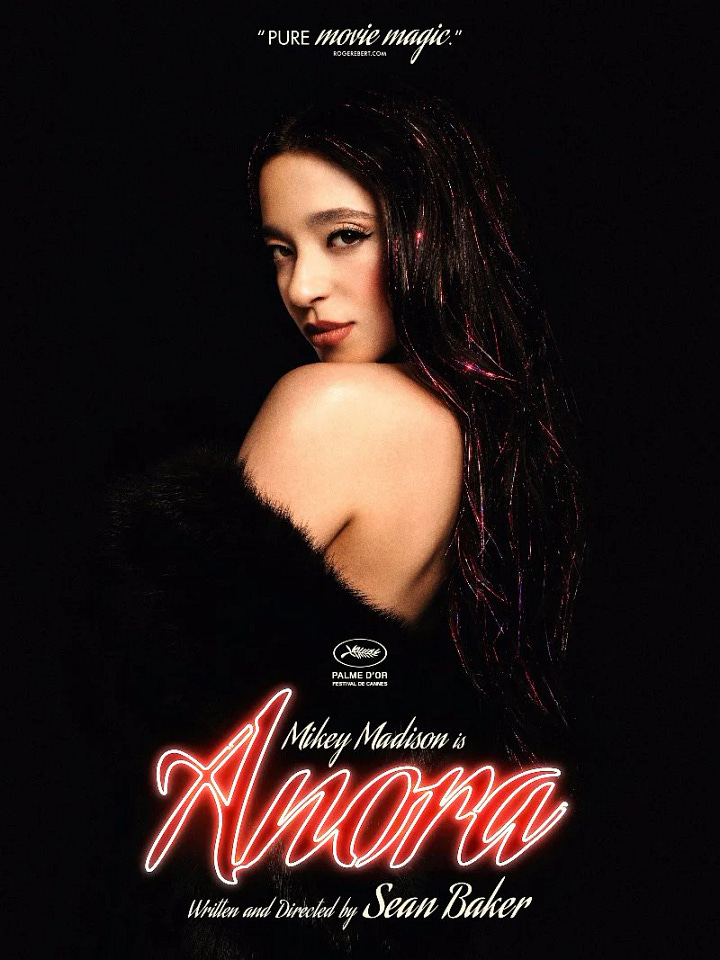
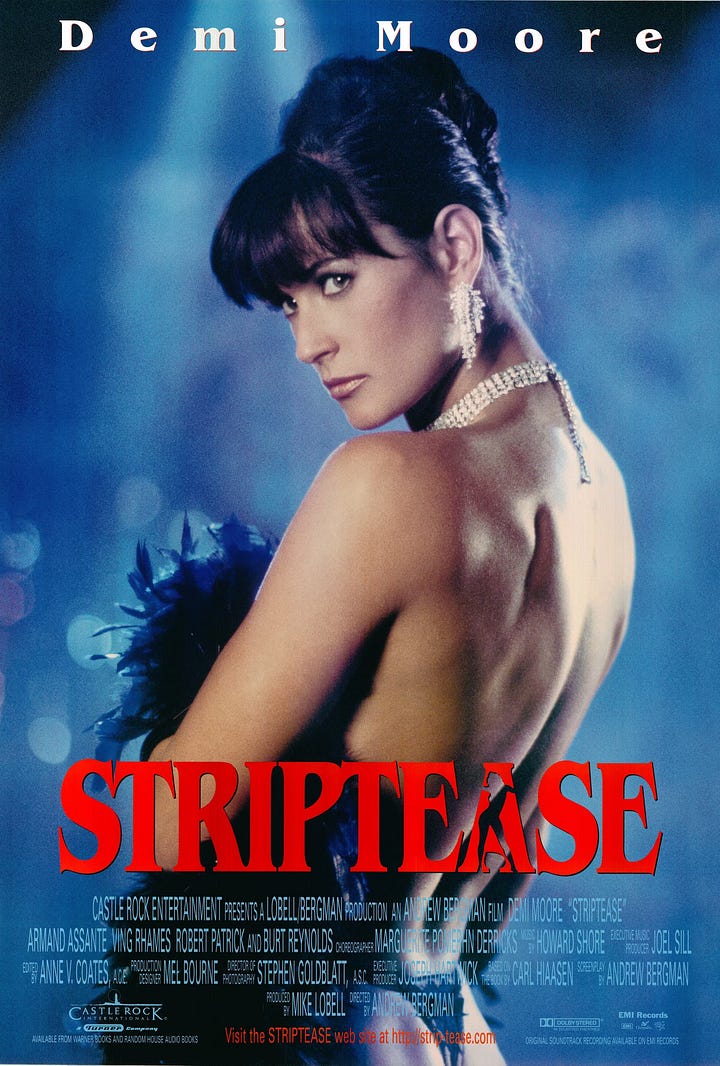
Moreover, I haven’t forgotten about my new series on the strip club as a haunted house. As I wrote in a recent post, it weaves together personal narrative, ghost stories, cultural criticism, and close readings of literature and film. For example, one essay analyzes sex worker representation from Striptease to Anora, as I consider the projection of shifting economic anxieties onto tired tropes of dangerous women.
My long-form creative nonfiction writing will continue haunting me until it’s publication-ready, so stay tuned for abortion doula reflections, stripper ghost stories, and more! In the meantime, I hope you might enjoy a phantom poem. Phantom not because the speaker is a ghostly presence (debatable), but because after winning a poetry contest for the first and only time in my adult life, it’s just my luck that the publication itself, the judge’s glowing appraisal of my poem, and the related podcast on which I was interviewed after receiving the award, all disappeared into the ether.
Hot Metal Bridge is the now defunct (due to funding issues, from what I can surmise online) official literary magazine of the University of Pittsburgh. While compiling my tenure portfolio materials I even reached out to the contest judge, poet Ellen McGrath Smith, who couldn’t find her little blurb once featured on the literary magazine’s website with the winning entries. At least her response reassured me I hadn’t made this all up as if under the soporific influence of some ego dream. I even searched my personal and internet archives again while writing this newsletter and found nothing. Granted, ten years ago I was still finishing my dissertation and sneaking into campus copy rooms to print MapQuest directions. That is to say, I wouldn’t trust me to find anything.
However, during my search I just so happened to stumble upon a footnote citation of my academic writing I hadn’t seen before.2 This was flattering, sure, but also clarifying—for then and only then did I realize that the cited essay, published in Abolition: A Journal of Insurgent Politics a year after “Capitalis,” actually elaborates its poetic premise. In “Caption This: Police in Pussyhats, White Ladies, and Carceral Psychology Under Trump,” I define “carceral psychology” as “not merely a reliance on, but an active psychic investment in, cops and cages.”3 So, if you’d like, please check out the prose companion to my phantom poem, which I’m sharing below both as a series of images, to preserve original stylistic choices (such as slashes indicating a beat or breath), and a listener-friendly version for those who prefer audio.
The poem begins with an accounting of legal violence, then turns to the collective possibilities embedded in psychic shifts away from the state and toward each other.
xx,
A.
Capitalis So, what implications does the thesis of emotional ambivalence in love have for thinking about alternatives to the death penalty and for legal violence more generally? —Judith Butler I. Capitals as in counting heads. Cattle and chattel. As in heads of state, severing heads from bodies. As in cultural accounting, whose eyes roll off faces and whose faces have no place in the polity, except for their labor keeps everything running. Capital as in punishment or unpaid labor for capital offenses. Accruing debts by design unpayable. Not hypocrisy but ambivalence makes us guilty. Festive pleasure in executing eroticized aggressive drives inflict categorical cruelty. Ineradicable violence between the prison as a model of social debt and the penalty of death. II. Capitals as in stuck cities that exit us in consonants recanted. Capitals as in abiding language’s formalities. If I capitalize each letter of your name it signifies screaming or I wish our torsos together, file folders forming wide Os in laughter, so sweaty our sentences lean lowercase. If our speech acts trick us enough we might decide why not bid double blind nil. To uncapitalize opacity. To splay books. To hand out hearts on cards while pressing spades to chests, our open deck. Muscular organs open fists to lead sharp blue strings from paper thin skin to an incalculable euphoria, this our vital air.
***
I recently learned that AuDHD (Autism + ADHD) is the most monotropic neurotype, and the (real!) science is true to my experience. While I get the wariness around diagnoses, better understanding how your brain works can be life changing. It certainly has been for me, as I now know how to accommodate my needs, attuning to rather than flailing about the inner orchestra.
Footnote 37, in case you think my whole disappearing poem story sounds sketchy and need some receipts LOL.
Here’s a permalink the author included by way of citation, just in case the poetic companion, too, disappears into the ether. Oddly enough, I saw that the Abolition Journal website is being relaunched in May 2025, so I am super grateful not only for the generous inclusion of my work alongside scholars I admire, but also for the tech-savvy URL.



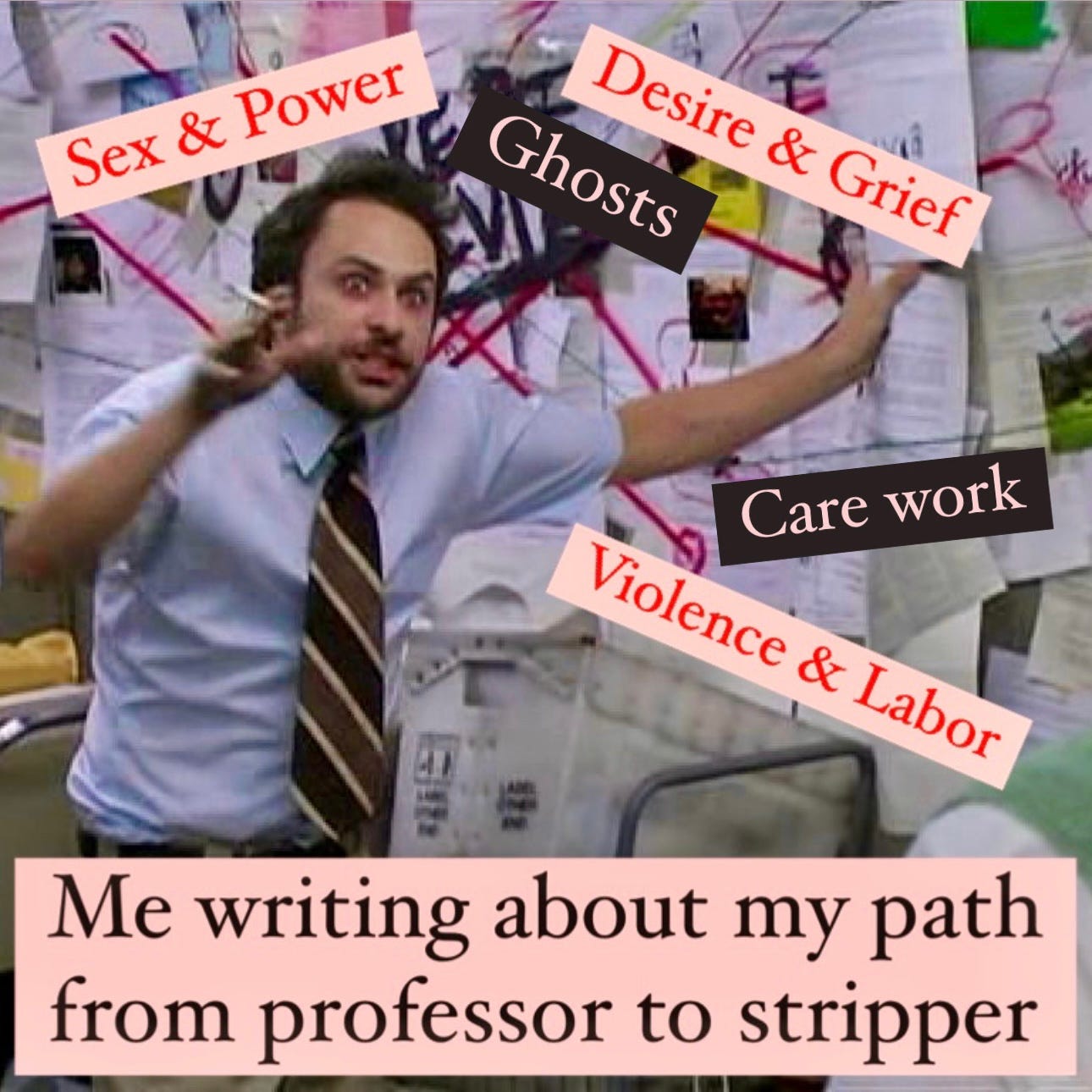
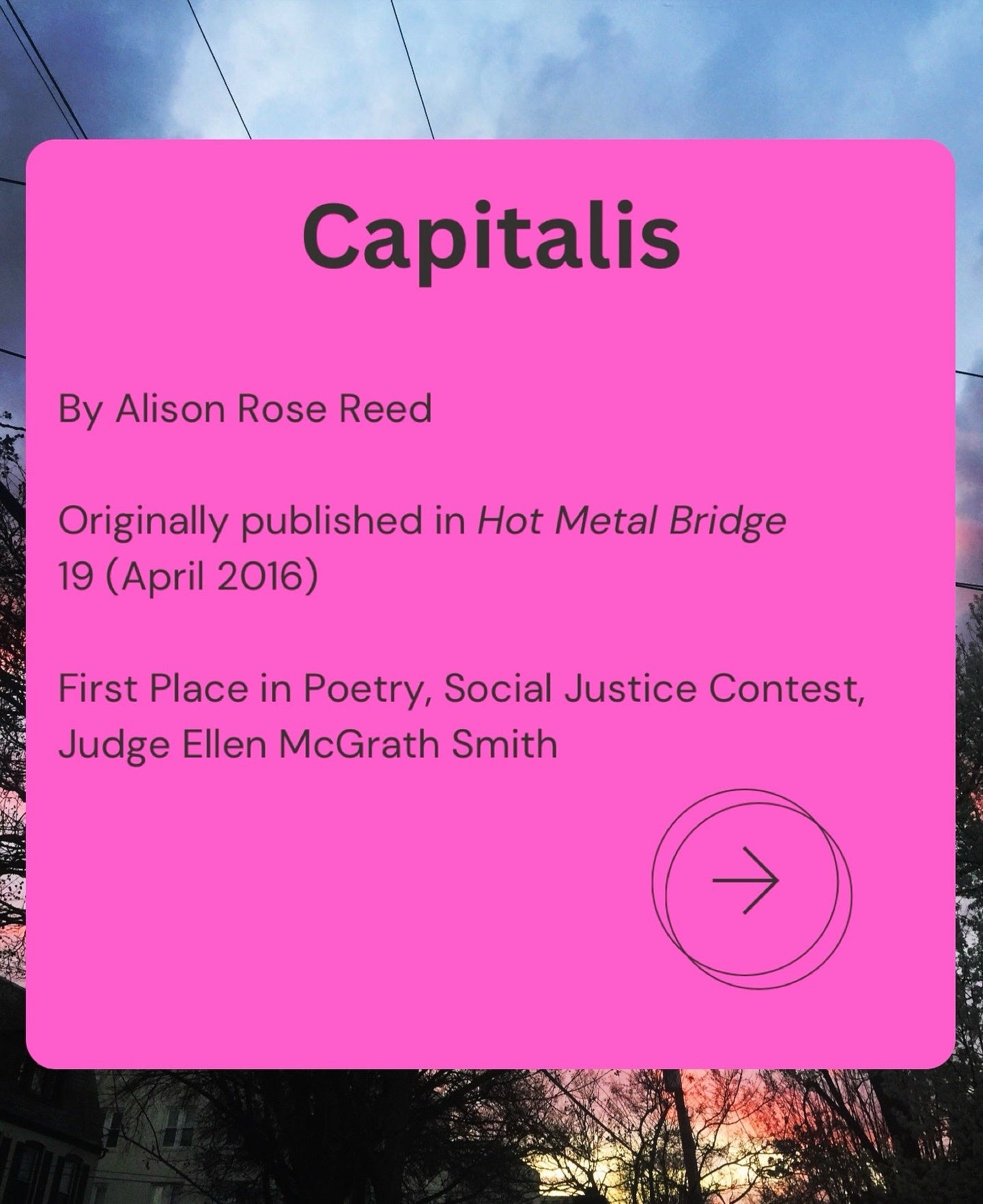
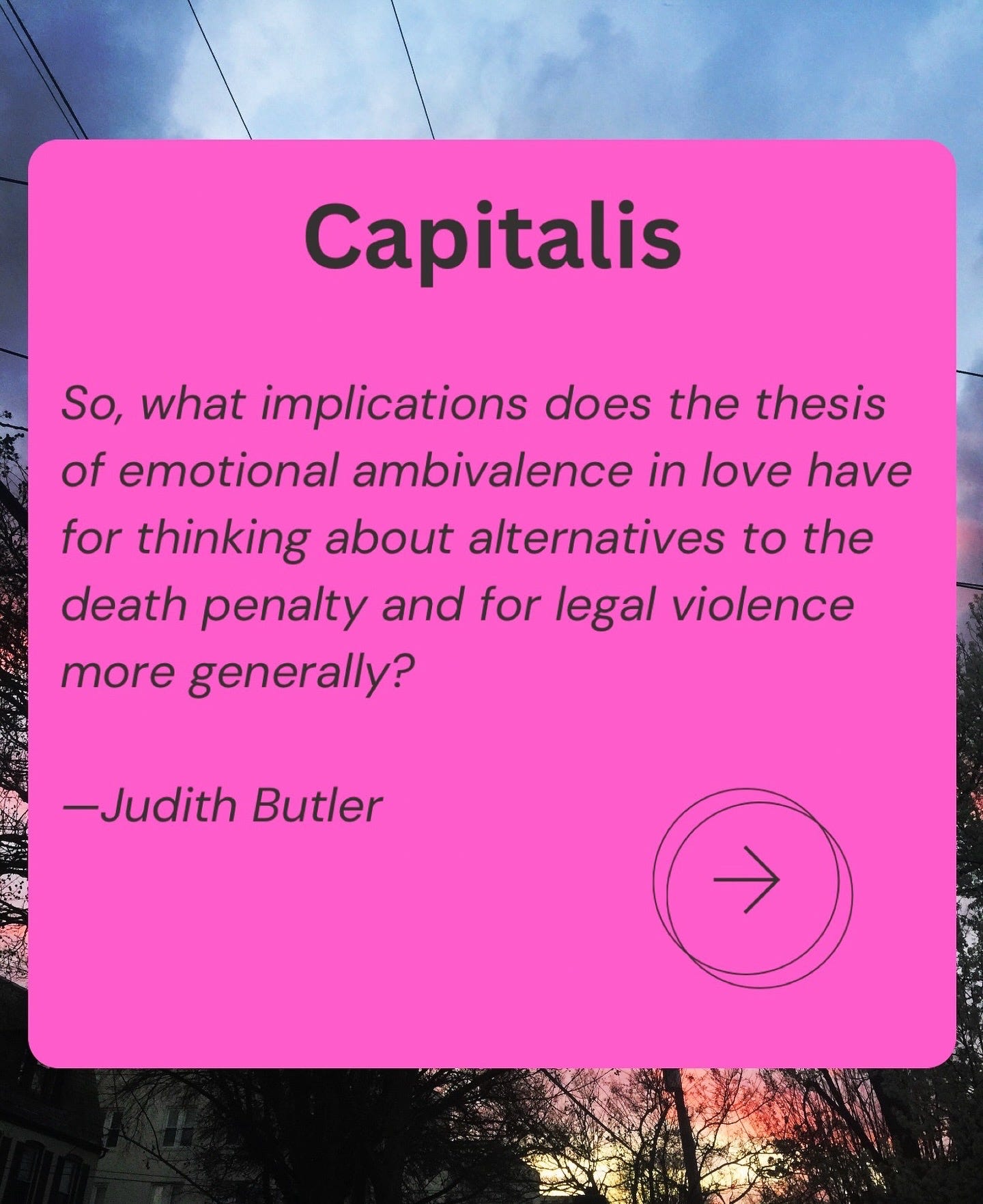
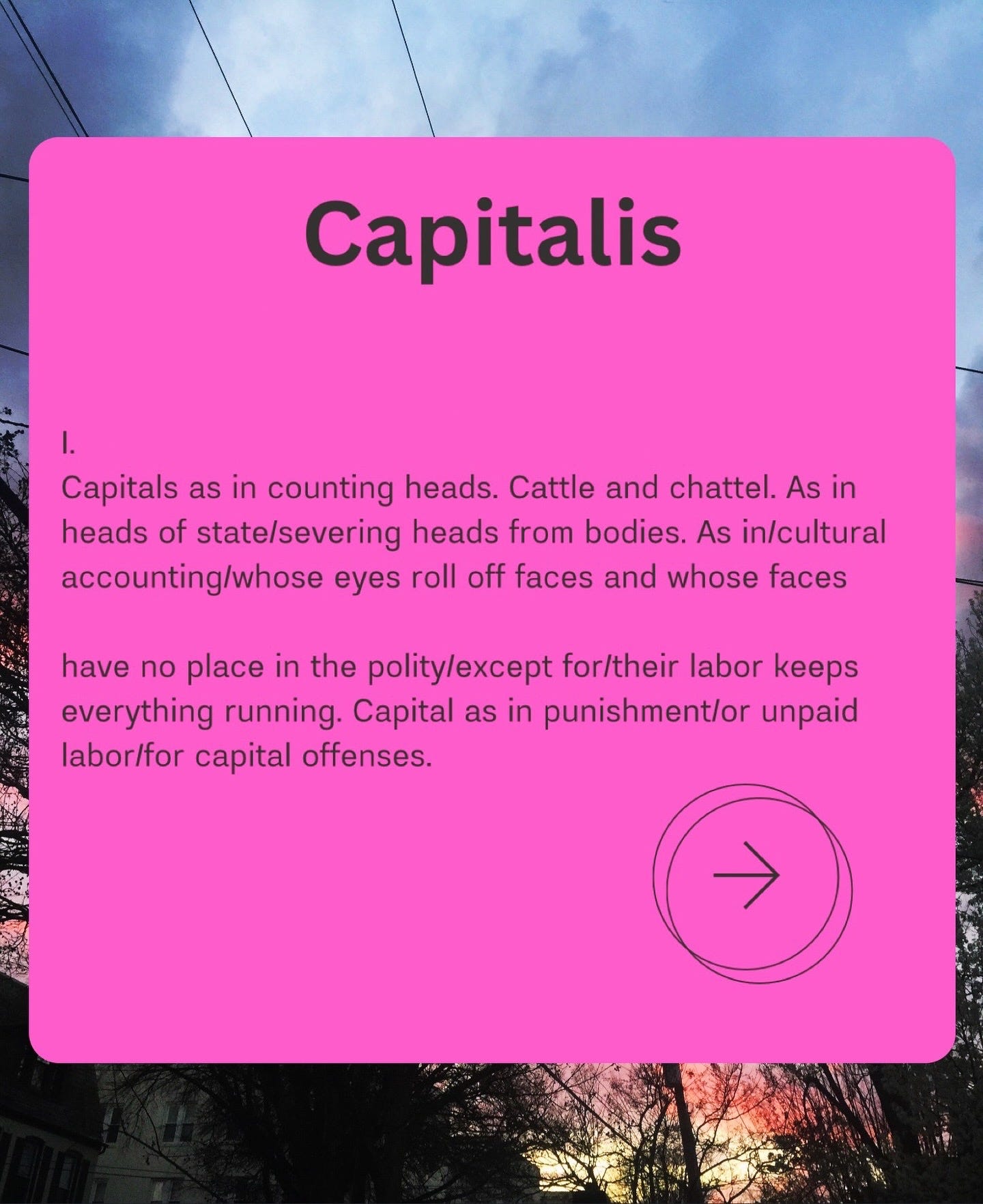
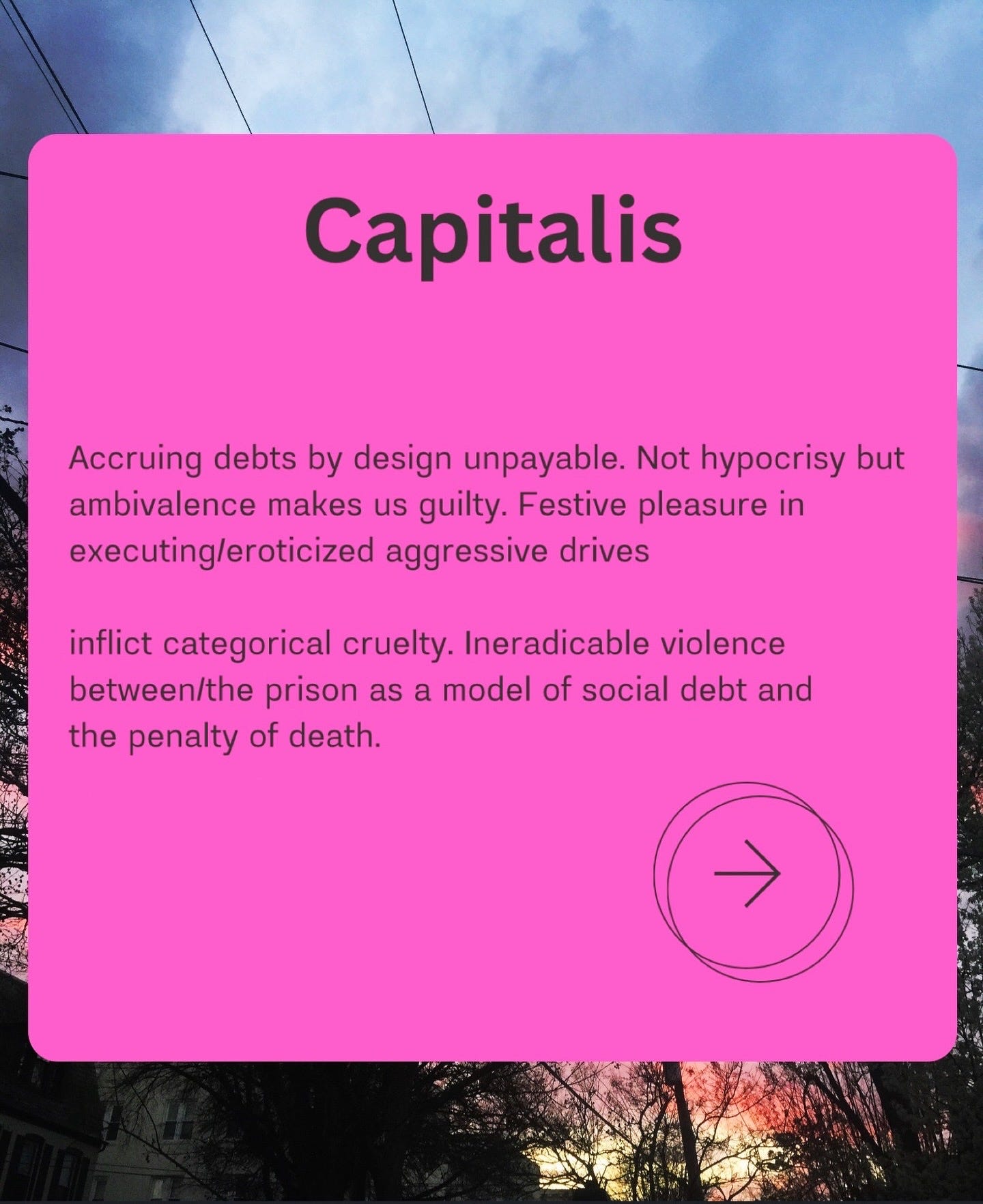
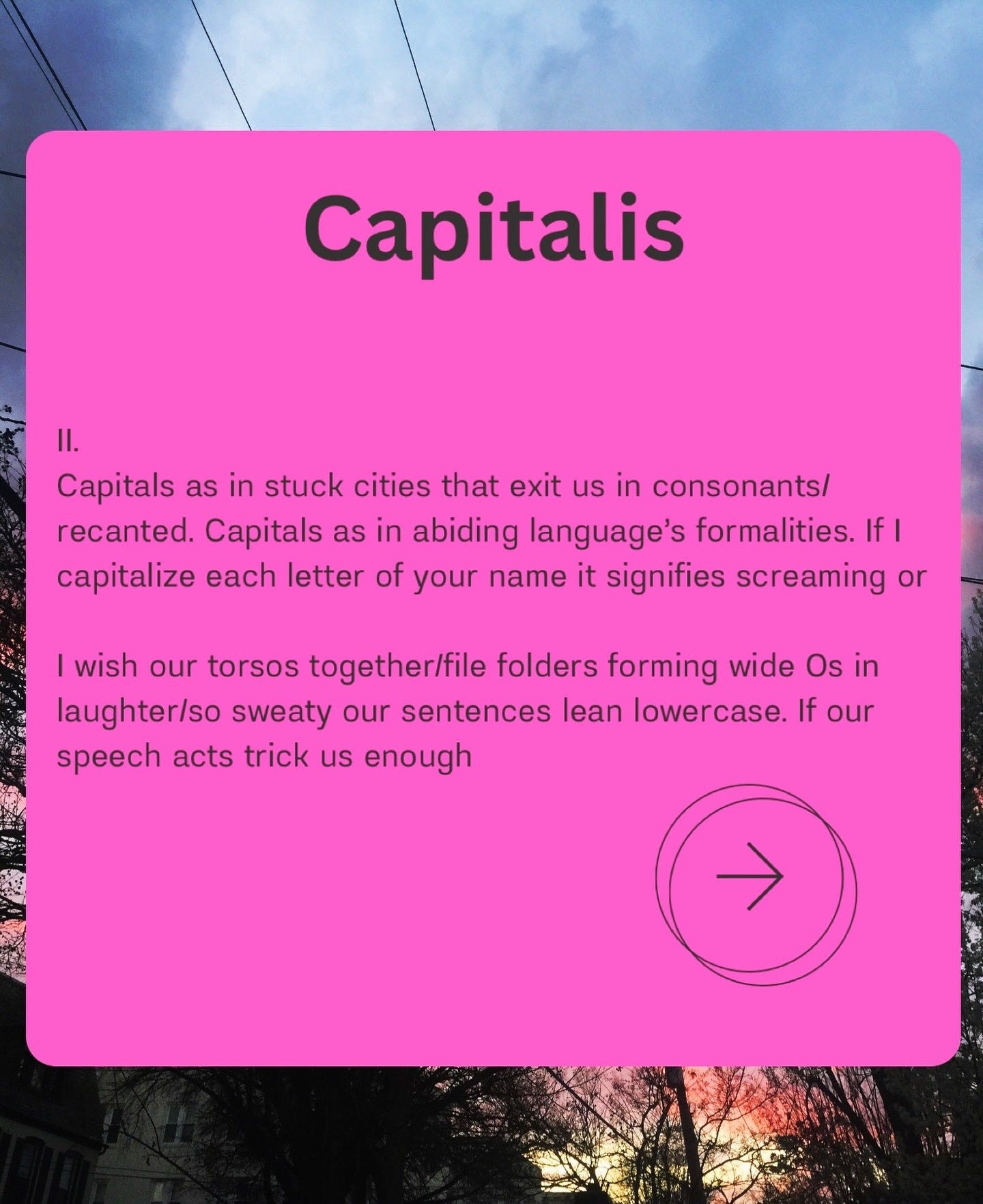
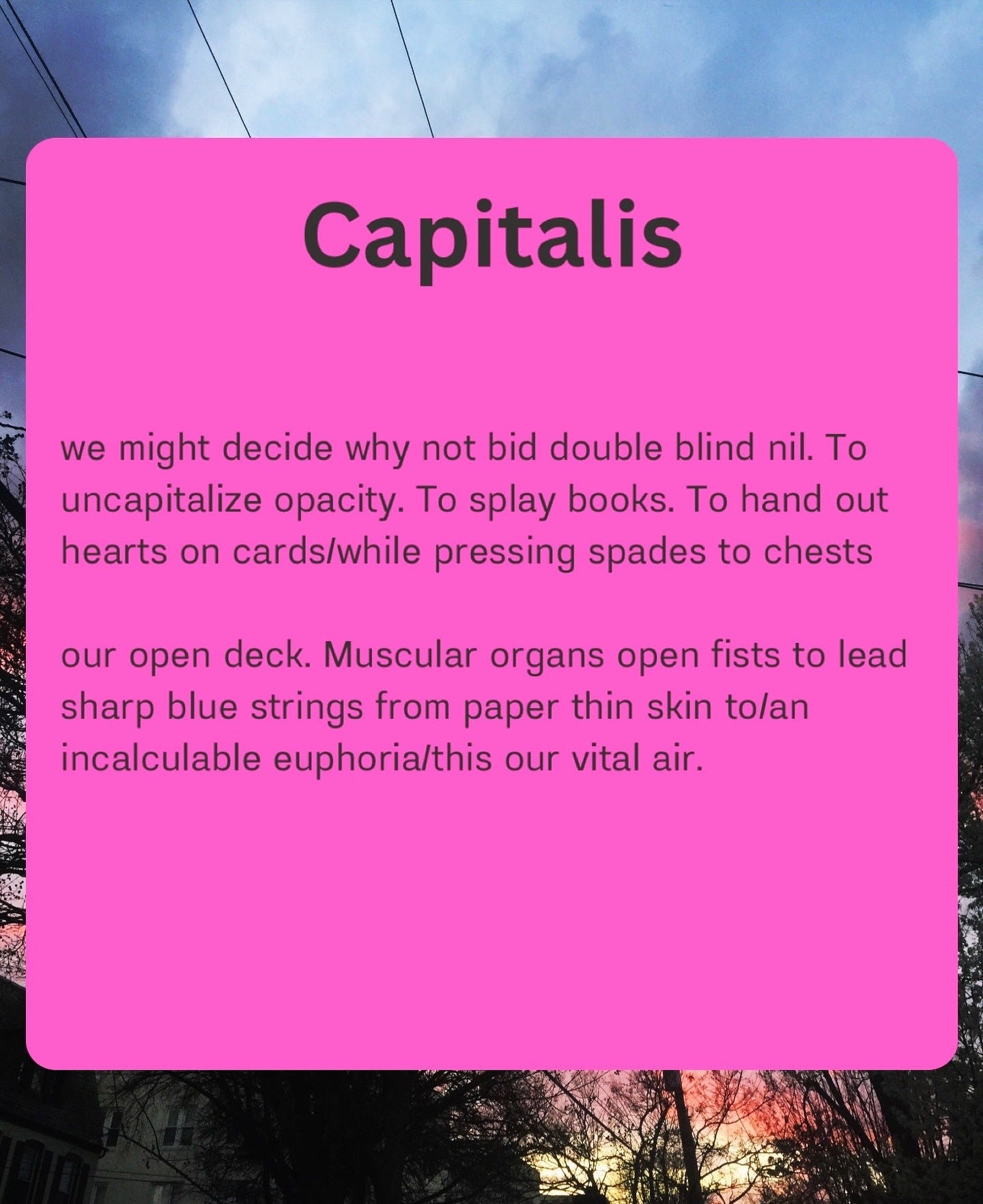
Probably my favorite sentence in this post: “[I]t’s one of the only ways to hush the inner clatter of an amateur orchestra, the conductor a person in my head narrating a person in my head narrating a person in my head.” Read it several times, reminded of both Nabokov’s classic line “Reality is one of those words that mean nothing without quotation marks” and John’s “In the beginning was the Word . . . “ Thank you!